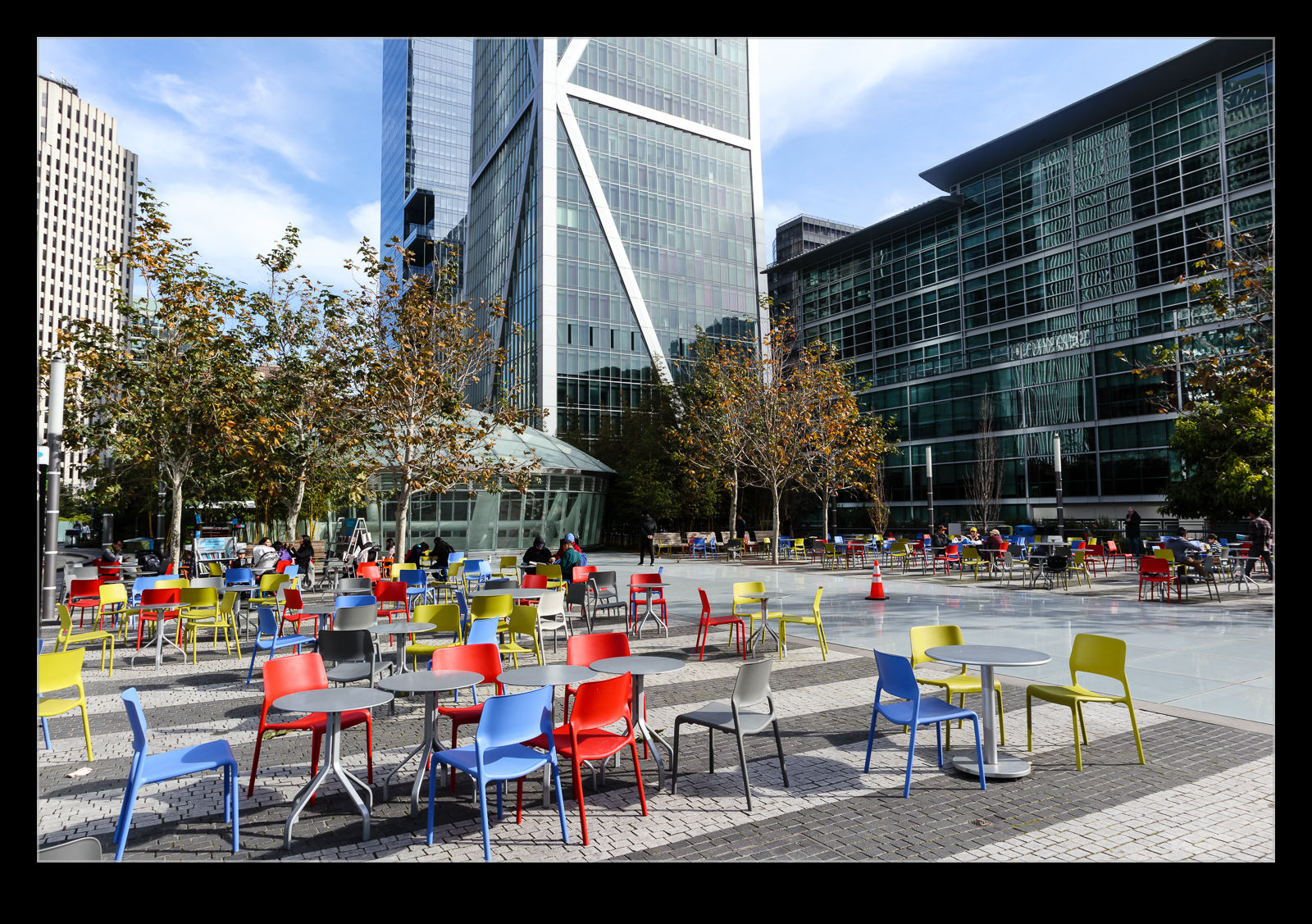

Ballard-like dystopian metaphor come to life, the private lounge, which will charge a top-tier membership fee of $300,000 a pop (yes, really, more on that later), will be situated 70 feet above surrounding homeless encampments. What’s more galling than the repeated use of the terms “immersive” and “experiential” to describe an actual restaurant is the fact that, as the group’s website proudly proclaims, the astronomically expensive and exclusive eatery “is the only rooftop restaurant located on the Salesforce Transit Center’s roof.”Īs downtown San Francisco suffers through soaring homelessness, vacant storefronts and a deadly fentanyl epidemic, the idea of its newest public space only providing food for those willing to spend exorbitant sums is brazen. "SHO Club is a member’s only NFT-based hospitality club providing exclusive access to immersive experiences and services around its flagship restaurant, SHO," reads the blurb. The wording around the club’s recent media blitz reads like a parody of Silicon Valley’s repellent buzzwordery.

The venture is led by Josh Sigel, a self-described “internationally recognized thought leader and innovator.” This collaborative profit-sharing initiative is easily replicable and a prime example of how circular business models can fund public spaces and sustainable urban development.The restaurant, slated to open sometime next year, will include the members-only Sho Club Sky Lounge and will be perched atop the western end of Salesforce Park’s four-block stretch in a neighborhood no one from San Francisco is calling the East Cut. Despite the low percentage given to the project, it provided enough support capital to ensure the park could remain public and enjoyed by all. However, the project share was relatively small, and the property owners would gain most of the profits. Such a redevelopment and feature in any part of a city, regardless of the exact locality, undoubtedly adds significant value to nearby properties.ĭevelopers struck a deal with owners to share a certain percentage of this rise in property value.

Except proposed an innovative profit-sharing scheme to help fund the park, encourage cooperation and actively involve nearby residents and developers with the complex.įirst, properties surrounding the park were valued by an independent and well-established third party and compared to future values - projected to five years after its completion.


 0 kommentar(er)
0 kommentar(er)
